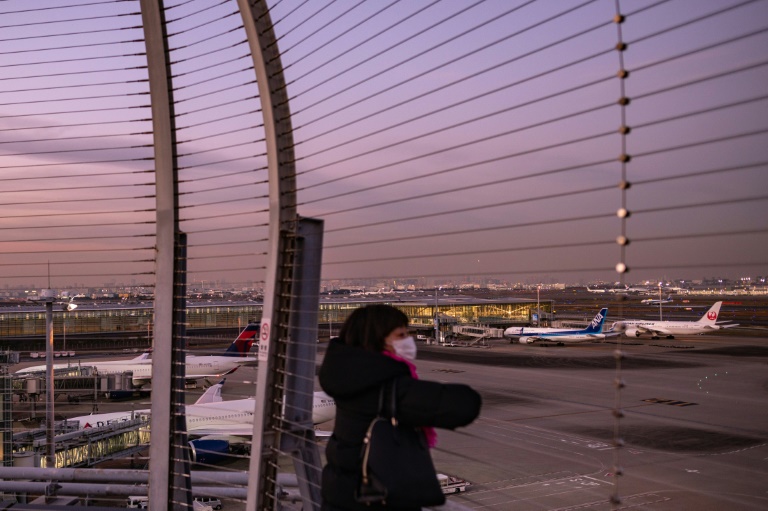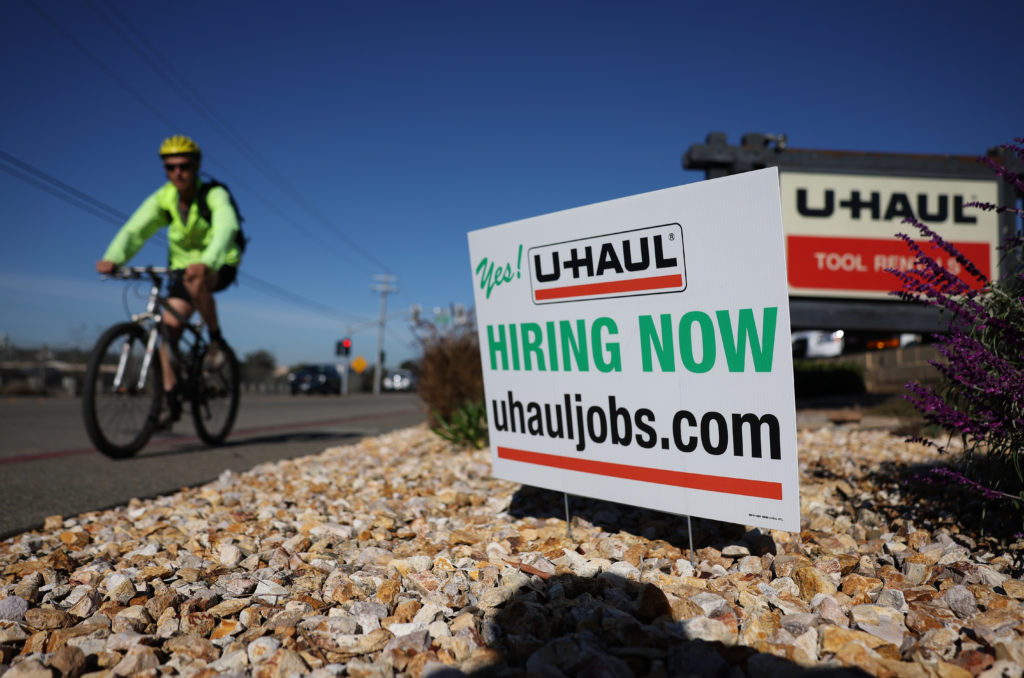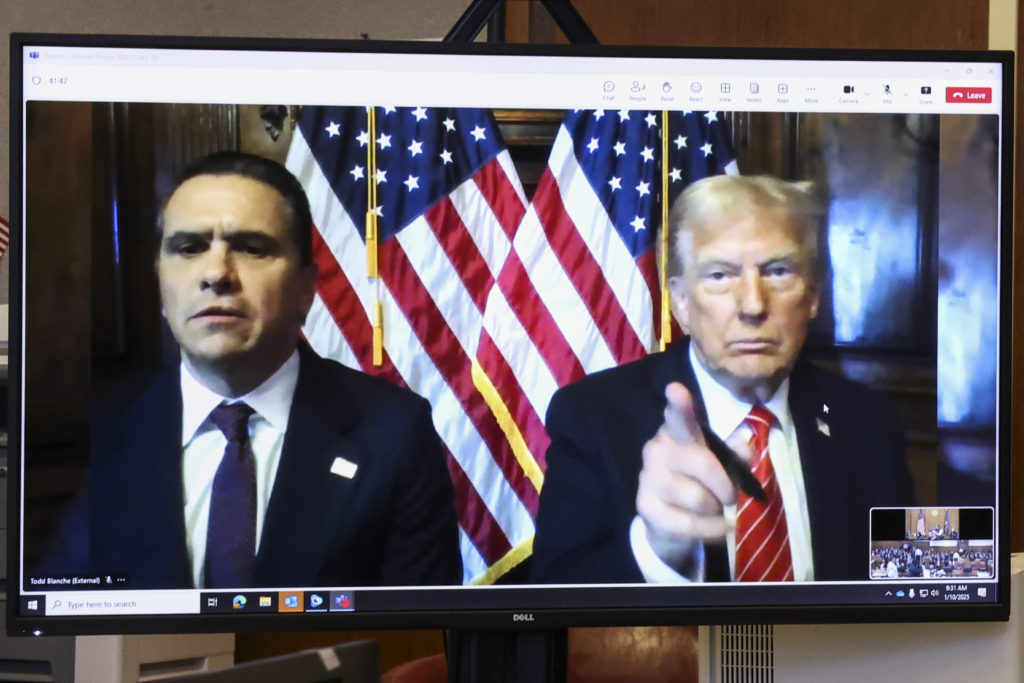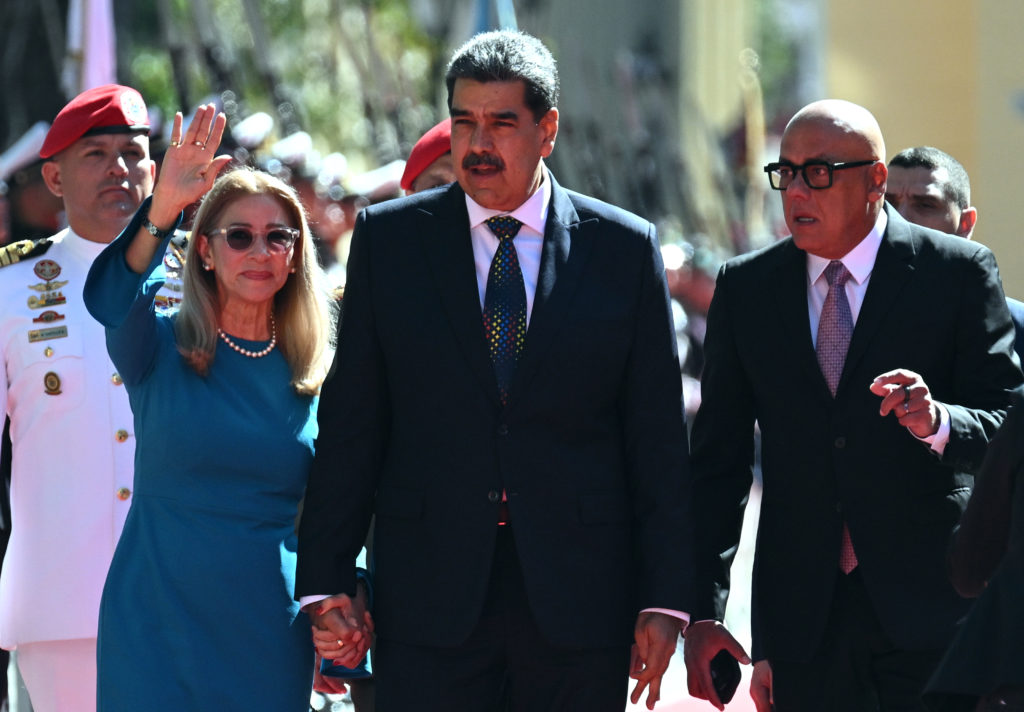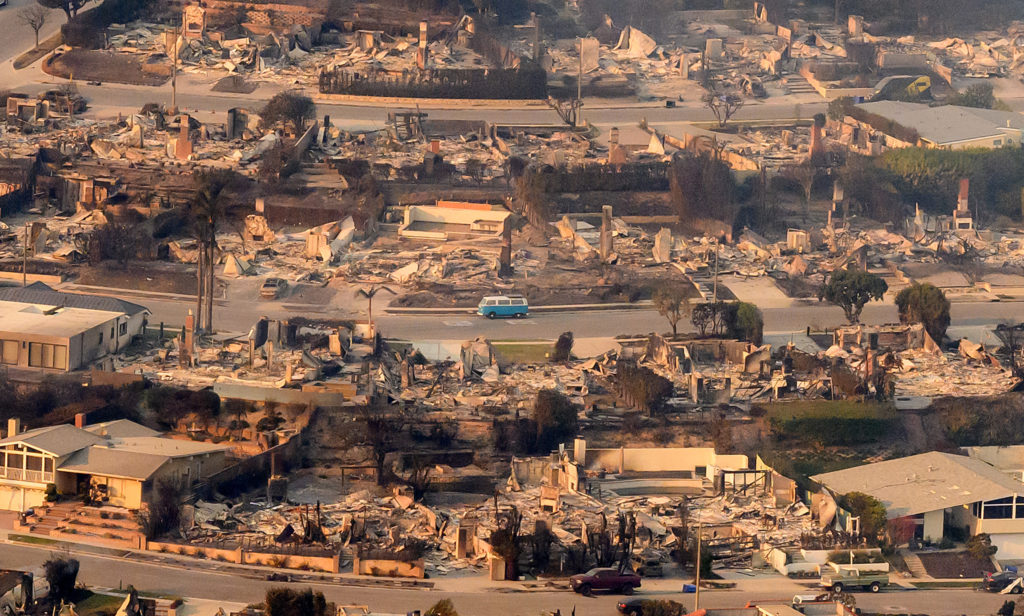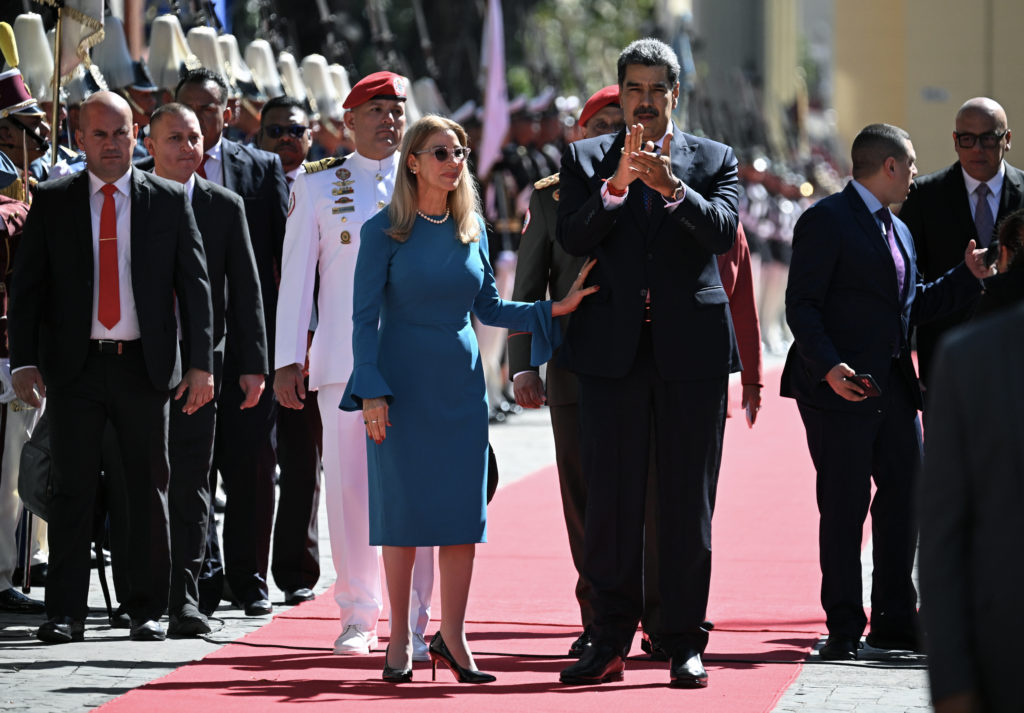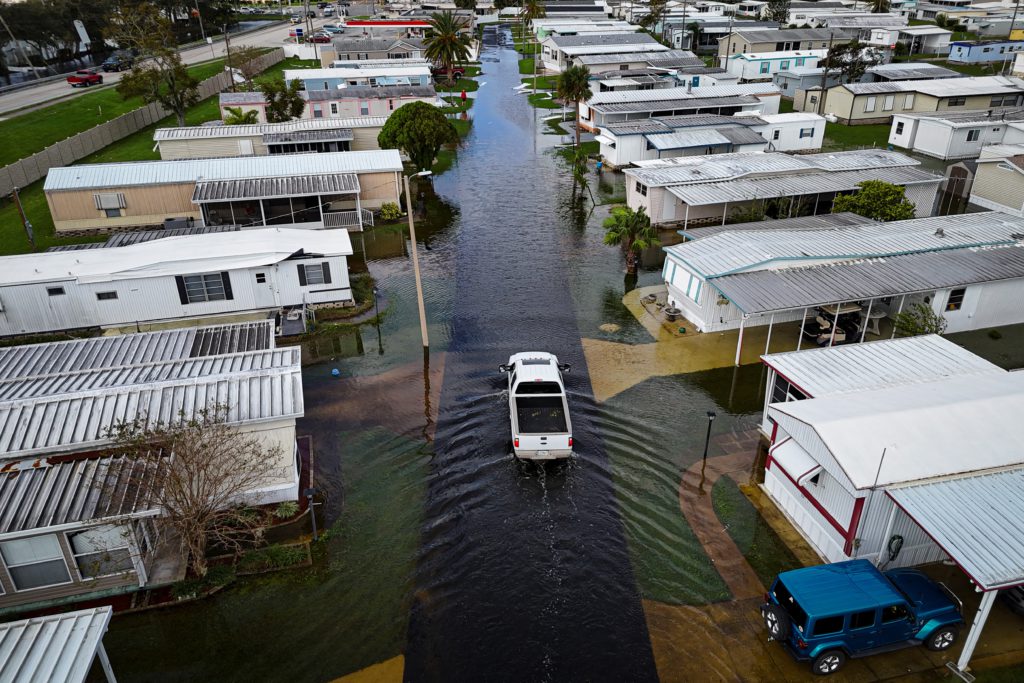G7 health ministers on Monday called for “urgent action” to combat the highly transmissible new Omicron Covid-19 strain spreading across the world as the WHO warned of potentially “severe” consequences.
Australia and Japan led the growing list of countries imposing fresh travel restrictions or slamming shut their borders as the new strain, first identified last week in southern Africa, spreads rapidly to Europe, Asia and North America.
While no deaths have yet been reported from Omicron, and it remains unclear how infectious and how resistant the strain may prove to vaccines, its emergence underscores how besieged the world remains by Covid-19, nearly two years after the first cases were recorded.
Many governments, particularly in western Europe, had already struggled with rapid rises in cases and have reintroduced mandatory mask-wearing, social-distancing measures, curfews or lockdowns — leaving businesses fearing another grim Christmas.
“The global community is faced with the threat of a new, at a first evaluation, highly transmissible variant of COVID-19, which requires urgent action,” ministers said following the emergency G7 talks called by chair Britain.
The World Health Organization said the overall risk from Omicron was “very high” and warned that any major surge would put pressure on health systems and cause more deaths.
“If another major surge of Covid-19 takes place driven by Omicron, consequences may be severe,” the WHO cautioned, concluding that “the overall global risk related to the new VOC (variant of concern) Omicron is assessed as very high.”
Scientists in South Africa said they had detected the new variant with at least 10 mutations, compared with three for Beta or two for Delta — the strain that hit the global recovery and sent millions worldwide back into lockdown.
On Monday, Japan joined Israel in announcing plans to bar all new foreign travellers. Australia announced it was delaying by two weeks the relaxation of restrictions that would have allowed skilled workers and foreign students to enter the country from Wednesday.
– ‘Should not be penalised’ –
The growing list of countries to impose travel curbs on southern Africa includes Britain, Indonesia, the Netherlands, Saudi Arabia and the United States.
“The people of Africa cannot be blamed for the immorally low level of vaccinations available in Africa — and they should not be penalised for identifying and sharing crucial science and health information with the world,” UN Secretary-General Antonio Guterres said.
China’s President Xi Jinping on Monday pledged Africa one billion Covid vaccine doses as the continent struggles to acquire enough jabs to immunise against the disease.
In Libreville, the Gabonese transport ministry announced a ban on the entry of travellers from eight southern African countries “whose final destination is Gabon”. The eight include Angola, as well as Botswana, Eswatini, Lesotho, Mozambique, Namibia, South Africa and Zimbabwe.
South Africa on Monday said it was “regrettable… (and) sad” that fellow African nations had joined a rush by wealthy countries to impose travel bans over the new Covid variant.
US drugmaker Pfizer and the backers of Russian vaccine Sputnik V said separately they were working on versions of their Covid-19 vaccines specifically targeting the Omicron variant should their current inoculations prove ineffective against the new strain.
US pharmaceutical company Moderna had already said on Friday that it would develop a booster shot against Omicron.
Senior US government scientist Anthony Fauci said on Monday the United States was on “high alert” for the new variant and urged people to get vaccinated.
“Although there’s a lot we don’t know about it, one thing we do know is that vaccinated people do much, much better than unvaccinated people, and particularly when you boost someone,” Fauci said on ABC’s “Good Morning America.”
– Quarantine flight –
The first confirmed case of the Omicron variant was in South Africa on November 9, with infections spreading rapidly in the country.
The WHO warned that some of its mutations might be associated with easier transmission and may have the potential to dodge protections including vaccination — though this is yet to be demonstrated.
South African doctor Angelique Coetzee, who raised the alarm over Omicron, said it was a shame that it had been labelled “extremely dangerous” as the cases she saw suggested the symptoms were milder than other variants.
With the spread of the new variant and rising cases overall, governments are struggling to enforce new measures.
Dutch police arrested a couple who fled a quarantine hotel and boarded a flight to Spain, despite one of them having tested positive for Covid.
And populations are continuing to rebel — tens of thousands taking to the streets in Austria over the weekend to object to mandatory vaccinations.
Nations are gathering in Geneva to discuss an international agreement setting out how to handle the next pandemic — which experts fear is only a matter of time.
WHO Director-General Tedros Adhanom Ghebreyesus said another disastrous pandemic was bound to happen unless countries showed the resolve to strengthen global defences.
burs/jm/pbr

